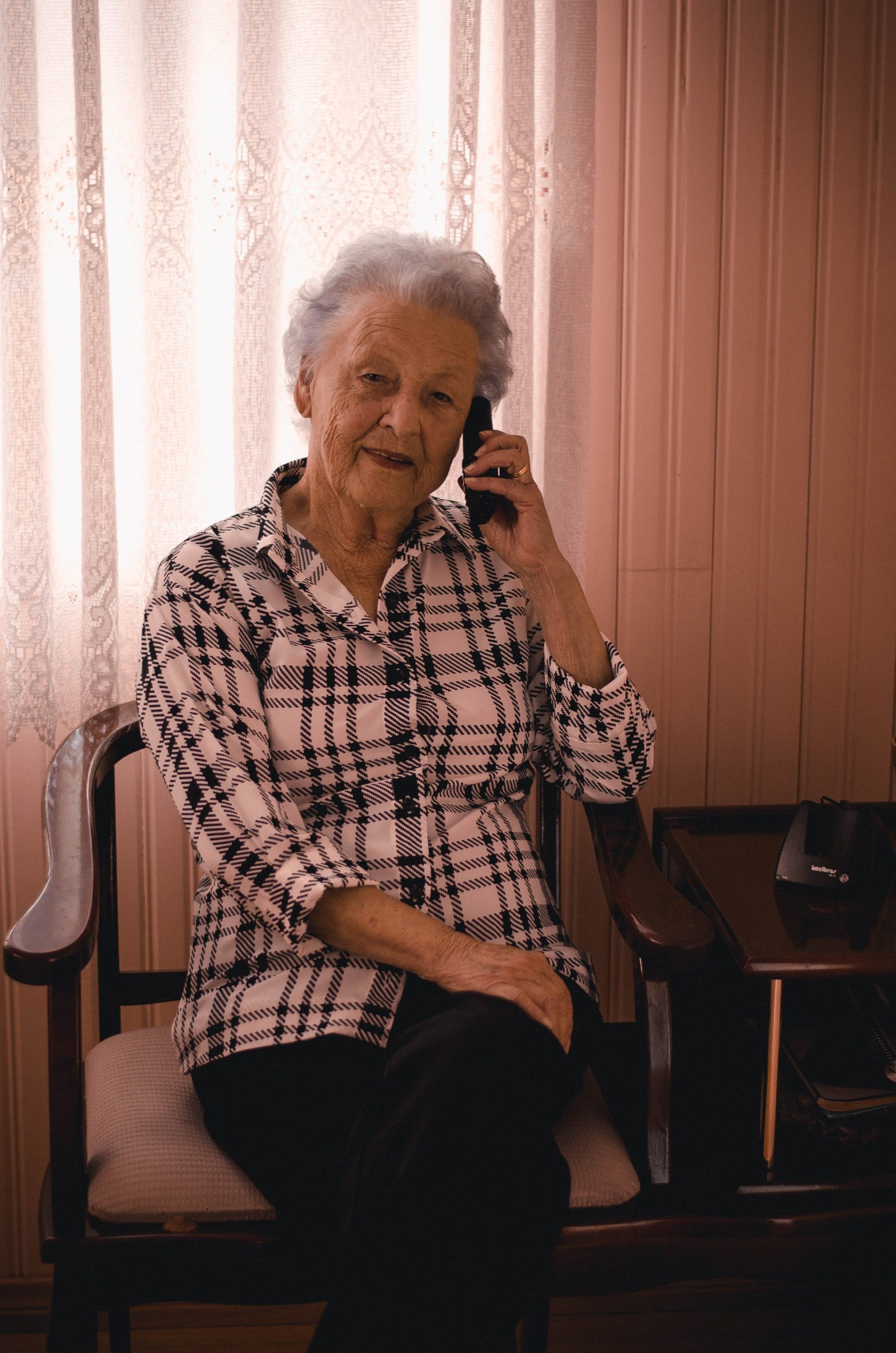Mistakes To Avoid When Caring For An Elderly Parent
As time marches on, you may find yourself in the emotionally charged yet rewarding role of caring for your aging parents. This role, while filled with unexpected complexities and challenges, is crucial to the well-being of your loved ones. Despite your best intentions as a caregiver, it’s common to stumble upon certain pitfalls. These can range from underestimating the effort required to fulfill your duties to hesitating to seek external assistance. Such missteps can jeopardize the well-being of your loved one. Whether you’re a seasoned caregiver or just stepping into the role, it’s important to avoid these common mistakes.
1. Failure to plan
Becoming the sole caretaker of your elderly parents is a big shoe to fill. You want to ensure that you are adequately educated about their health condition so you can find ways to cope and support them. Ask their doctor for information or read all you can from books and online sources. If they are moving in with you, ensure that you renovate your home to keep it safe and conducive for them. For instance, if your parent is in a wheelchair, construct a ramp in your driveway for easy movement. Consider monitoring and recording their eating habits, medication, and physical changes so you can give their medical professional a correct analysis of their progress. If your parent has a retirement fund, speak to them and politely ask them for permission to create a budget that will meet their financial needs. If they don’t, consider your financial situation and plan accordingly.
2. Not asking for help
No matter how resilient or self-sufficient you are, combining your daily tasks with caregiving can be difficult. You might be reluctant to ask for help from others, but that will only lead to burnout. Whether it is the feeling of loneliness, money problems, or a lack of coping skills, you need someone to support you so you can take a break. Sometimes, the signs of stress can be subtle, but if you have been experiencing extreme fatigue, a feeling of constant sadness, or an increase or decrease in weight, it might be time to step back. Arrange with other family members to take care of your parent. If they are terminally ill, consider assisted living so they can get all the support and care they need while you catch a break. You can also employ a nanny who will keep an eye on them and ensure they are in good condition while you are at work.
3. No self-care
Most people put their elderly parents first once they are under their care and neglect themselves. Some forget about their social life, while others compromise on quality time with their immediate family. If this is you, consider finding a balance and returning to your hobbies and self-care practices. A a tip, use your free time to take short walks, have a warm bath, or go out with friends. Commit to having a healthy lifestyle by eating nutritious meals, working out, and staying hydrated. If you are feeling overwhelmed or having negative emotions, find a support group to help you deal with them and ensure a mentally and emotionally healthy life.
Parents take care of you when you are young, and when they are old, they become vulnerable and lean on you for support. By recognizing these mistakes, you can avoid them and provide the best care.



